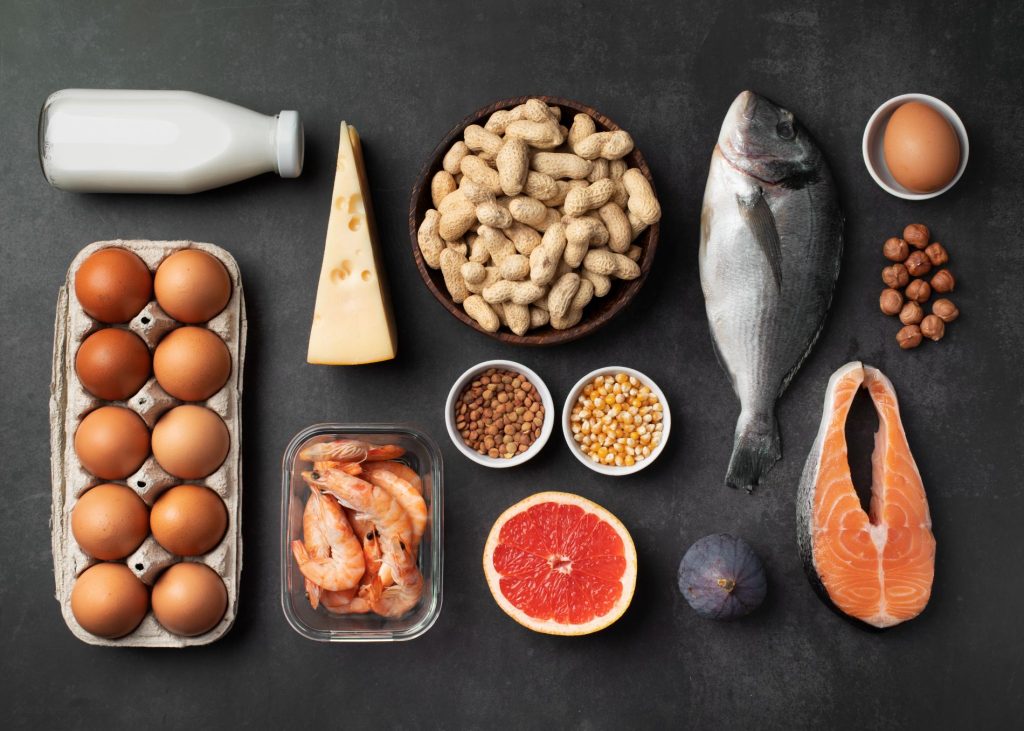Cravings can be challenging to manage, but with the right strategies and mindset, it’s entirely possible to maintain control and make healthier choices. Whether you’re dealing with a sudden desire for something sweet or a persistent urge for salty snacks, cravings can feel overwhelming and difficult to ignore. Understanding that cravings are a natural part of the human experience can help you approach them with patience and self-compassion. The key is not to eliminate cravings entirely but to learn how to manage them in a way that supports your overall health and well-being. Here are several effective ways to help manage and reduce cravings in a helpful and friendly yet sincere manner.
Hydration: The First Line of Defense
One of the simplest and most effective ways to manage cravings is to stay well-hydrated. Often, our bodies can misinterpret thirst as hunger, leading to unnecessary snacking. Drinking a glass of water when a craving hit can help determine if it’s true hunger or just thirst. Keeping a water bottle with you at all times makes it easy to stay hydrated throughout the day. Adding a slice of lemon or a few cucumber slices can make your water more enjoyable, encouraging you to drink more and keep cravings at bay.
Building Better Habits
Cravings often stem from ingrained habits, like reaching for a sugary snack after dinner or a salty treat while watching TV. To combat this, try building better habits that don’t revolve around food. For instance, if you typically crave something sweet after dinner, replace that habit with a new activity like a short walk, reading a book, or engaging in a hobby you love. By breaking the old routine and establishing a new one, you’ll find it easier to avoid giving in to cravings.
Healthy Substitutes
When cravings become overwhelming, having healthy substitutes on hand can make a significant difference. If you crave something sweet, try fresh fruit, which provides natural sugars along with fiber and essential nutrients. For those who prefer salty snacks, nuts and seeds can be a satisfying alternative. They offer healthy fats and protein that can help keep you feeling full longer. Preparing these healthy options in advance and keeping them readily accessible makes it easy to choose them over less nutritious options.
Mindful Eating Practices
Practicing mindful eating can be a powerful tool in managing cravings. This involves paying full attention to the experience of eating and recognizing the physical cues of hunger and fullness. When a craving strikes, take a moment to pause and assess whether you’re actually hungry or if you’re eating out of boredom, stress, or habit. If you decide to indulge, do so mindfully by savoring each bite, which can help you feel more satisfied with a smaller portion.
Balanced Meals
Eating balanced meals that include a mix of protein, healthy fats, and complex carbohydrates can help keep cravings in check. Protein and fats are particularly important because they help you feel full and satisfied for longer periods. For example, a breakfast of eggs and avocado on whole-grain toast can provide the nutrients needed to start your day off right and prevent mid-morning snack attacks. Similarly, a lunch that includes lean protein, plenty of vegetables, and whole grains can sustain your energy levels throughout the afternoon.
Regular Physical Activity
Engaging in regular physical activity is not only great for your overall health but can also help manage cravings. Exercise releases endorphins, which can boost your mood and reduce the likelihood of emotional eating. Whether it’s a brisk walk, a yoga session, or a more intense workout, find an activity that you enjoy and make it a regular part of your routine. This can provide a healthy distraction from cravings and improve your physical and mental well-being.
Sleep and Stress Management
Poor sleep and high stress levels are often linked to increased cravings, particularly for high-sugar and high-fat foods. Ensuring you get enough restful sleep each night and managing stress effectively can help reduce the frequency and intensity of cravings. Techniques such as deep breathing, meditation, or even just taking a few minutes to relax and clear your mind can make a big difference. Prioritizing self-care and creating a bedtime routine that promotes good sleep hygiene can also be beneficial.
Keeping a Food Diary
Keeping a food diary can be an eye-opening experience and a helpful tool for managing cravings. By tracking what you eat, when you eat, and how you feel at the time, you can identify patterns and triggers for your cravings. This awareness can help you develop strategies to address these triggers, such as finding alternative ways to cope with stress or avoiding certain situations that lead to unhealthy eating.
Seeking Support
Having a support system can make it easier to manage cravings. Sharing your goals with friends, family, or a support group can provide accountability and encouragement. Sometimes, just talking about your struggles can help you feel more in control. Additionally, qualified professionals (you know the ones) can offer personalized advice and strategies tailored to your specific needs and lifestyle.
Planning and Preparation
Planning your meals and snacks in advance can help you make healthier choices and avoid giving in to cravings. By preparing nutritious meals and snacks ahead of time, you can ensure that you always have healthy options available, making it less tempting to reach for unhealthy foods. Meal prepping on weekends or having a weekly meal plan can make it easier to stay on track and reduce the likelihood of impulsive eating.
Like We Said, Medical Professionals Can Make a Huge Difference
Managing cravings is a journey that involves understanding your body’s signals, building healthier habits, and making mindful choices. By staying hydrated, eating balanced meals, incorporating regular physical activity, and seeking support, you can create an environment that helps you manage cravings effectively. Remember, it’s about progress, not perfection. Small, consistent changes can lead to significant improvements in your relationship with food and overall well-being. Take care of yourself, make it easy on your journey, and always prioritize your health and safety. Seeking the help of weight loss professionals and nutritionists can greatly improve your chances of success in improving your health. A professional can help you create a personalized plan that takes into account your unique needs and goals. They can also provide you with the support and guidance you need to stay on track, and make safe, healthy lifestyle changes. At Olivera Weight Loss, this has been our mission for over 40 years. We have a team of experts that are here to help and guide you every step of the way. Taking care of your heart health is essential, and it’s easier than you think. Our team is still passionate about helping our patients live the healthier lifestyle they dream of and remain as committed as ever to ensuring your overall health.






